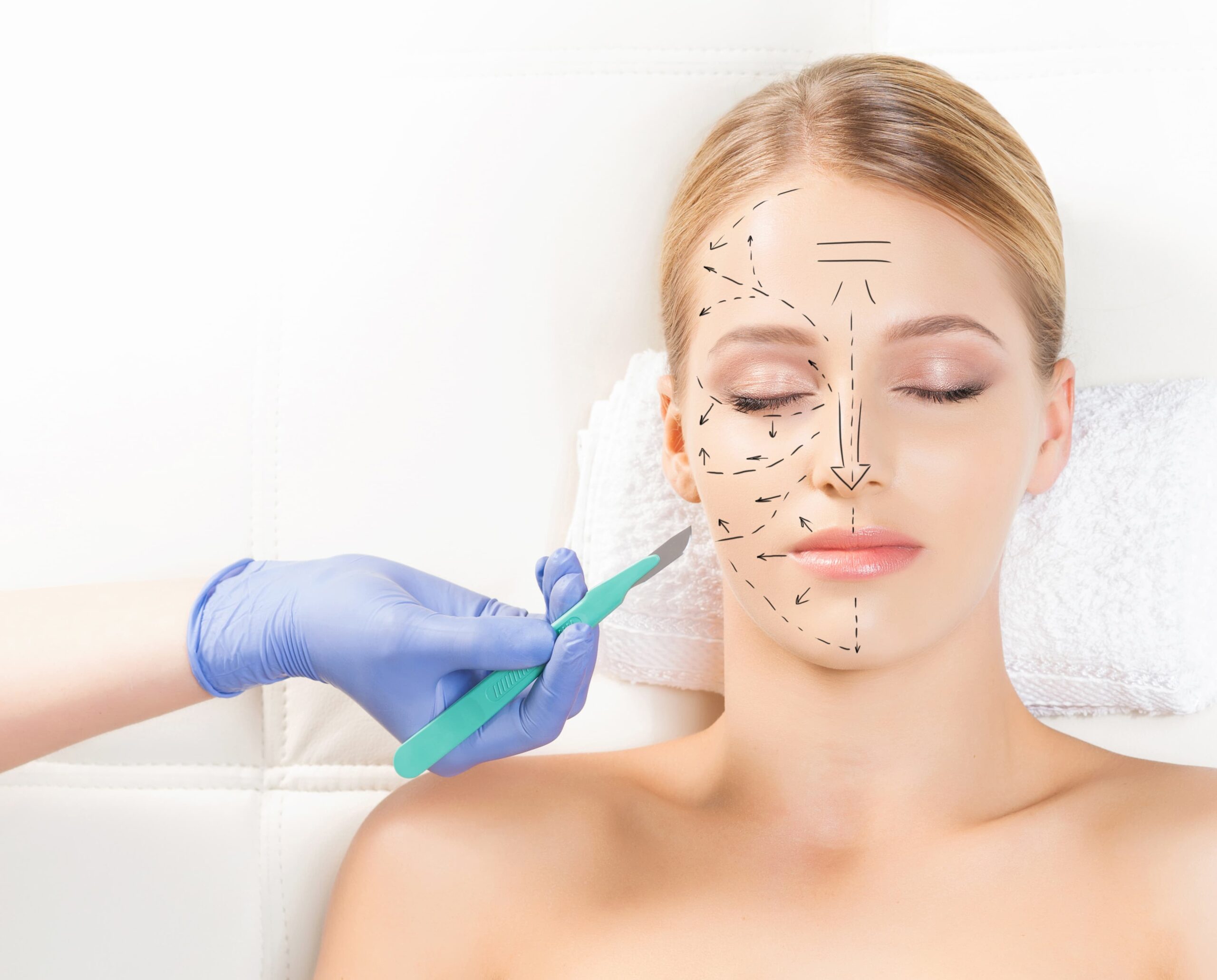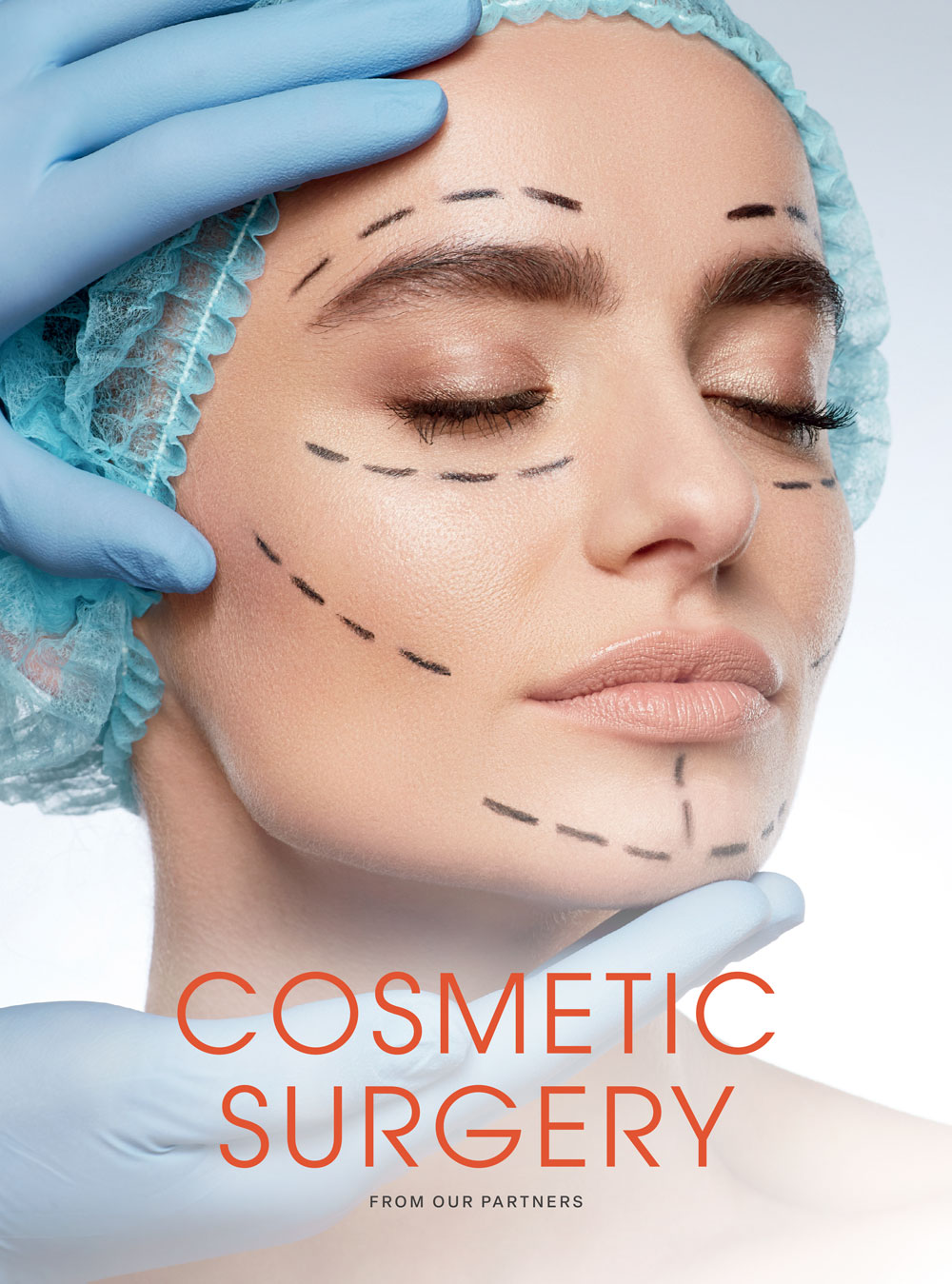Investigating the Mental and Social Variables That Drive People to Think About Aesthetic Surgical Procedure as a Method of Improvement
The choice to pursue cosmetic surgery typically extends past mere visual appeals, intertwining with psychological and social characteristics that warrant detailed evaluation. Elements such as self-confidence, pervasive societal appeal criteria, and the pervasive impact of social media sites assemble to form specific motivations for surgical enhancement. As these impacts come to be significantly famous, understanding the underlying cultural and emotional contexts is important. What stays to be explored is the extensive impact these factors have not only on individual identification but likewise on wider social norms and values surrounding beauty and acceptance.
The Function of Self-worth
Self-esteem substantially affects an individual's decision to pursue cosmetic surgery. People with low self-confidence often regard themselves in an adverse light, leading to feelings of insufficiency regarding their physical look.

Ultimately, the role of self-confidence in the decision-making procedure concerning plastic surgery highlights the complicated interaction in between body picture, personal complete satisfaction, and psychological health and wellness. Comprehending this connection is critical for health care specialists to make sure that people are making notified choices rooted in practical expectations and emotional health.
Social Elegance Requirements
Influenced by prevalent media representations and cultural narratives, societal appeal criteria play a vital role fit individuals' assumptions of their own bodies. These requirements are frequently identified by an idyllic kind of charm that highlights qualities such as proportion, youthful vigor, and slimness. As these perfects are perpetuated through various networks, including advertising and marketing, tv, and movie, people frequently internalize these messages, leading to frustration with their all-natural look.
The implications of these social norms prolong past visual preferences; they can influence self-worth, mental wellness, and social partnerships. People that perceive themselves as falling short of these requirements might experience sensations of inadequacy, motivating a desire for cosmetic surgery as a way of attaining societal authorization. This quest is typically sustained by the belief that satisfying these ideals will certainly enhance not just physical look yet likewise social standing and personal fulfillment.

Impact of Social Network
The impact of societal beauty requirements is more intensified by the increase of social media systems, where curated photos and idealized representations of charm are common. Customers are continuously revealed to filteringed system and edited photographs, which frequently depict unattainable physical attributes. This exposure cultivates a society of comparison, leading people to examine their very own appearance against these commonly unrealistic criteria.
Social network influencers and stars frequently advertise cosmetic treatments, stabilizing the idea that medical improvements are a sensible ways for achieving societal perfects (plastic surgery rancho cucamonga). The visibility of these improvements can create an assumption that going through cosmetic surgery is a typical technique, thereby influencing individuals to take into consideration additional resources comparable interventions as a path to boosted self-worth and social approval
Furthermore, the interactive nature of social networks enables immediate feedback through likes and remarks, additionally enhancing the wish to adjust to prominent elegance standards. Such communications can worsen feelings of insufficiency and drive individuals towards cosmetic surgical procedure as a way of gaining recognition. Inevitably, social media plays an essential function fit assumptions of appeal, which considerably influences the decision-making processes bordering plastic surgery.

Social Perspectives on Look
Throughout different societies, perceptions of look are deeply rooted in historical, social, and financial contexts, shaping people' views on beauty and desirability. In many societies, appearance offers as a significant marker of identity, affecting social status, specialist chances, and personal connections. As an example, in some societies, light skin is commonly associated with riches and opportunity, while others may glorify darker skin tones as symbols of stamina and credibility.
Moreover, typical beauty requirements are often continued via social stories, media representations, and household affects, resulting in varying perfects throughout various regions (plastic surgery rancho cucamonga). In Western cultures, the focus on young people and physical fitness frequently drives individuals toward aesthetic improvement, while in particular Eastern societies, more subtle modifications straightened with typical appearances might be preferred
Globalization and the spreading of electronic media have actually further made more helpful hints complex these dynamics, developing a hybridization of appeal suitables that goes beyond geographical limits. As people increasingly navigate these social narratives, the pressure to satisfy details appearance requirements can lead to the desire for cosmetic surgical procedure, mirroring a complicated interplay of cultural values and individual ambitions. Recognizing these cultural perspectives is important in resolving the inspirations behind cosmetic surgery considerations.
Emotional Effects of Plastic Surgery
Numerous people looking for plastic surgery report experiencing extensive psychological effects that can substantially change their self-perception and emotional health - plastic surgery rancho cucamonga. The need for physical enhancement frequently stems from underlying concerns such as low self-worth, body dysmorphic problem, or societal pressures pertaining to beauty criteria. For some, the instant post-operative stage can cause a short-lived increase in confidence and complete satisfaction with their appearance, promoting a feeling of empowerment
However, these favorable sensations may not be enduring. Research study shows that while some people experience improved self-worth, others may face increased anxiety or anxiety if their assumptions are not fulfilled. This disparity can develop from impractical suitables continued by media depiction and cultural narratives surrounding elegance.
Additionally, the emotional implications of plastic surgery expand beyond the individual. Relationships with family and pals may be strained as social characteristics change, bring about sensations of seclusion or alienation. Inevitably, the emotional impacts of plastic surgery are multifaceted and complicated, calling for careful factor to consider by both potential people and doctor to make sure enlightened decision-making and practical assumptions.
Verdict
To conclude, the choice to pursue cosmetic surgical procedure is dramatically affected by a mix of self-confidence concerns, societal elegance requirements, and cultural viewpoints on appearance. The prevalent reach of social media additionally intensifies these pressures, promoting unrealistic ideals that individuals commonly strive to obtain. Recognizing these social and emotional factors is crucial for resolving the motivations behind plastic surgery, advice highlighting the requirement for a much more nuanced conversation bordering elegance and self-acceptance in contemporary culture.
The choice to seek cosmetic surgery frequently extends past simple appearances, intertwining with social and mental dynamics that merit complete assessment. Eventually, social media plays a critical function in forming assumptions of charm, which considerably affects the decision-making processes bordering cosmetic surgical treatment.
As people progressively navigate these social stories, the pressure to adjust to specific look standards can lead to the wish for cosmetic surgery, showing an intricate interaction of individual desires and cultural worths.In verdict, the decision to pursue cosmetic surgical treatment is significantly affected by a combination of self-confidence problems, societal elegance requirements, and social perspectives on appearance. Comprehending these emotional and social variables is essential for resolving the motivations behind cosmetic surgery, highlighting the need for an extra nuanced discussion surrounding charm and self-acceptance in contemporary society.